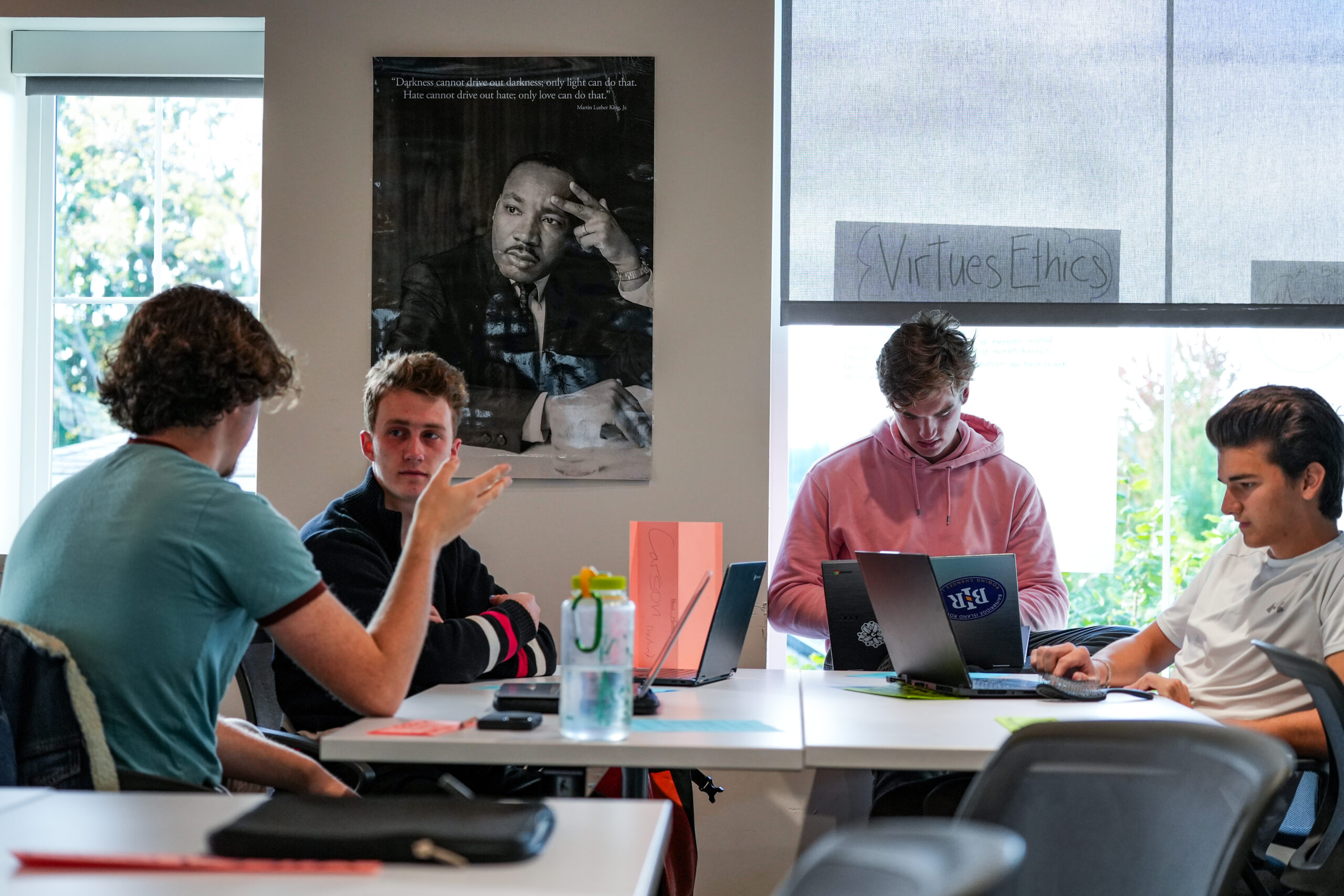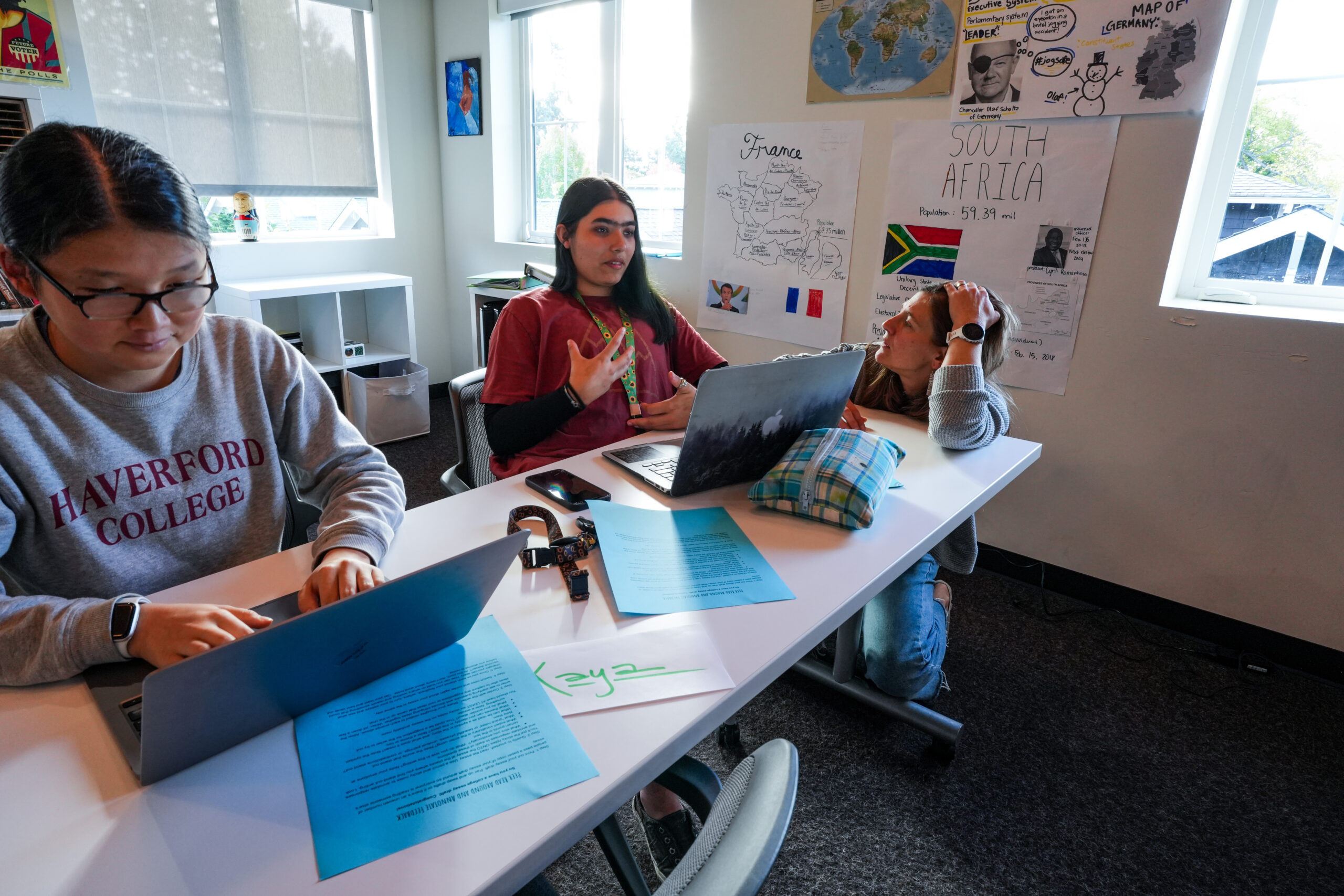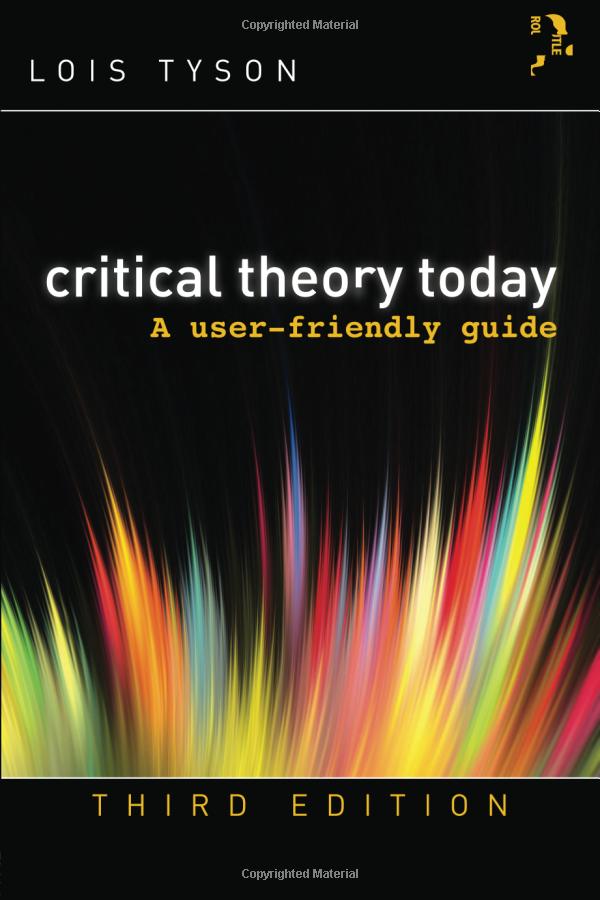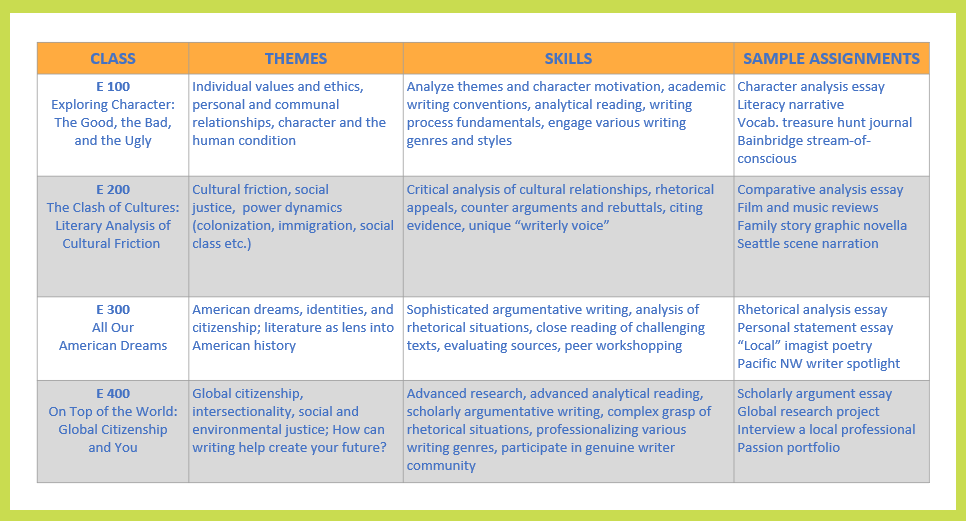English - Grades 9-12
English at Hyla is:
- Individualized, relationship-based instruction
- Lots of in-class writing practice
- A diverse range of texts placed in conversation with the traditional canon
- A curriculum that directly attends to students’ exploration of personal values, cultural awareness, and citizenship
- Writing taught as a perpetual process
- Building a lasting community of writers
- Scaffolding toward genuine scholarly work

Examples of class projects:
- Student-driven argumentative essays
- Annotated bibliographies
- Creative work: Stories, poetry series, podcasts, etc.
- Local non-profit organization profiles
- Digital comic books
- Dramatic Shakespeare performances & monologues
- Advertisements and elevator pitches

English Spotlight: Critical Theory

How many ways can you read a story? In English 400 we are asking this question by learning how to read through different lenses, or perspectives, to uncover deeper meaning in the text - known as literary critical theory. We're studying a handful of criticisms to practice looking at literature from various angles. The goal here is threefold: explore and apply new knowledge about specific criticisms, read deeply for important details and use them to support a claim, and find meaningful significance in the texts we read for ourselves and our understanding of the wider world.
Using college-level material, we’re investigating theories born from the ideas of Freud, Marx, and Beauvoir among others using Lois Tyson’s textbook, Critical Theory Today, A User-Friendly Guide. Once students have read, discussed, and summarized major components of a particular theory, they take it for a test drive on a short work of literature. Last month we read a short story set in the 1950s that delves into the ripple effects of a young, single mother’s hardships. Using a lens of psychoanalytic criticism students were able to pull apart and write eloquently about the nuances beneath the complications of a mother-daughter relationship. Currently, we’re investigating whether or not a short science fiction story is a Marxist’s critique of classism. Looking ahead, we’ll investigate a poem after exploring feminist criticism. Next semester we will take our deep reading skills to the next level by reading novels and memoirs that attend to global issues.
Class Progression

